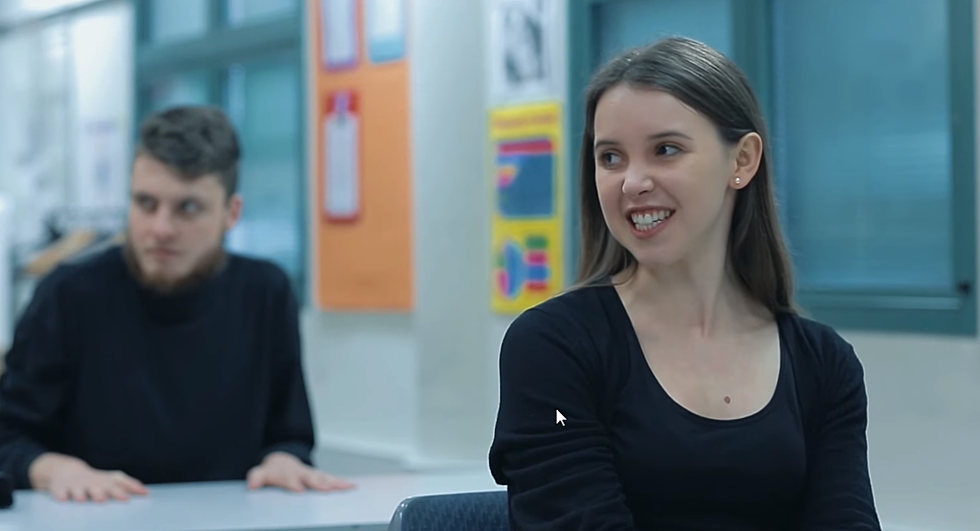
Critique of Modern Educayshun and Neel Kolhatkar’s Video
In this article, we will discuss modern educayshun the political correctness of today’s classroom, the atypical math classroom, and Neel Kolhatkar’s video. These topics are controversial and require careful consideration. Our aim is to present a balanced viewpoint. We’ll also examine the video to evaluate its merits and weaknesses.
Criticism of political correctness
Political correctness is a social movement that aims to eliminate social discrimination by curtailing offensive speech and behavior towards underrepresented groups. Its proponents typically draw on post-modernism, a philosophy known for its skepticism about objective truth and scientific rationality. In contrast, critics of post-modern political correctness uphold Enlightenment liberal principles and reject post-modernism’s relativist, illiberal truth-claims.
Political correctness advocates believe that the movement aims to create a utopia where every person is treated equally and without discrimination. However, the political correctness movement eschews any discussion of race or ethnicity as a means to achieve equality. Therefore, it is necessary to recognize that the goal of political correctness is a far cry from equality.
Political correctness also aims to protect “tender sensibilities” and righteous indignation. For example, removing Confederate statues from public places is a political correctness goal, but it does not help integration of society. It furthermore leads to a climate of mutual disrespect and compromise.
After the rise of political correctness in the late 1980s, the concept grew more widespread. It became a sort of national etiquette for self-described “woke” people and the cognoscenti. PCU entails a wide range of violations, from telling the wrong joke to being insensitive about pronoun usage.
Critique of atypical math classroom
The Critique of the Atypical Math Classroom in Modern Education presents recent studies and reviews aimed at increasing our understanding of the development of mathematical abilities. In addition, we examine the factors that promote learning and identify the characteristics of dyscalculia. We also examine the interventions that can improve math performance in very young children.
The findings of this study call for more attention to science and mathematics in the early years of education. In particular, the study showed that 39 percent of classrooms had no opportunities to teach children about numbers. Moreover, children in these classrooms did not participate in counting activities. The study also showed that less than half of classrooms offered opportunities to teach children about seasons and weather. Moreover, the average classroom time allocated to teach about these subjects was less than two minutes.
Criticism of Neel Kolhatkar’s video
The film, Modern Educayshun, by Australian comedian Neel Kolhatkar, delves into the dangers of our hypersensitive culture and political correctness. The video, which has garnered over 18.5 million views, shows that white people are rewarded with minus points while those of other races, genders, and sexual orientations are rewarded with plus points. While the video may be humorous at times, it is ultimately an unedifying condemnation of our culture.
The video’s critique of political correctness and hypersensitive culture is based on the director’s own writings, as well as his own experiences. Kolhatkar writes on the dangers of PC culture and argues that it’s bad for society. In this regard, Kolhatkar’s views fail to acknowledge the legitimate issues that exist in our society.
The critics of Neel Kolhatkar’s film are not blind to his intentions. The film is a caricature of current laws and a cartoon representation of the goals of the New World Order. The film has garnered 78 million views on YouTube.







